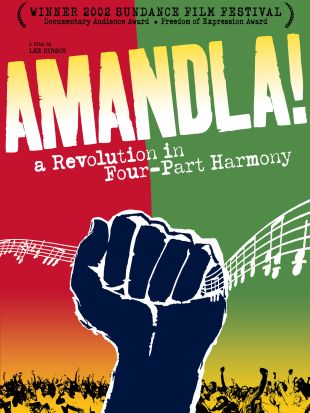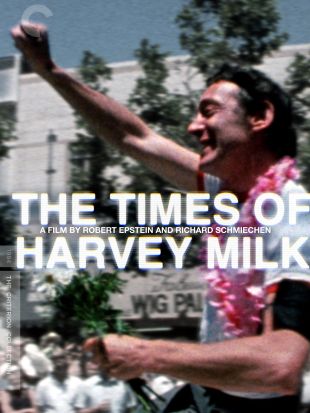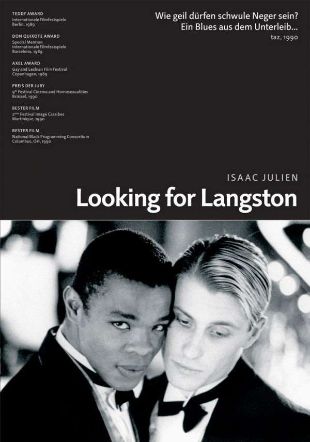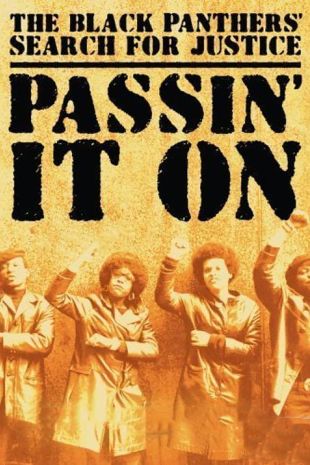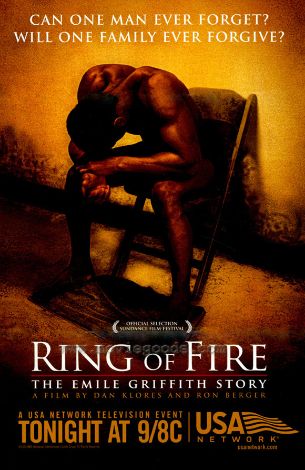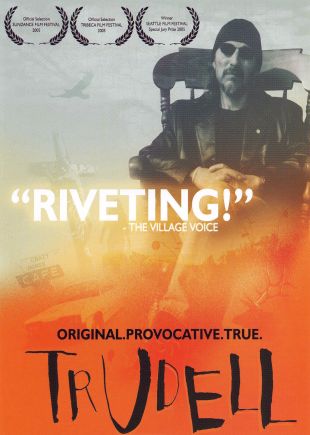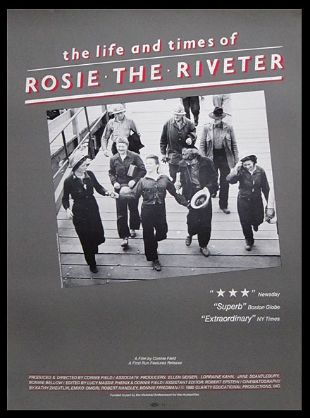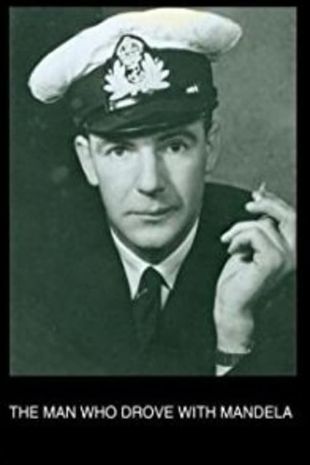
The Man Who Drove with Mandela (1998)
Directed by Greta Schiller
Genres - Historical Film |
Sub-Genres - Biography, Gender Issues, Politics & Government, Race & Ethnicity, Social History |
Run Time - 82 min. |
Countries - Belgium, United Kingdom, United States, South Africa |
MPAA Rating - NR
Share on
Synopsis by Gönül Dönmez-Colin
Greta Schiller's The Man Who Drove With Mandela takes us to South Africa in 1962, when Nelson Mandela organized an armed struggle against the apartheid regime as he drove a shiny limousine across the country, disguised as the chauffeur of a distinguished gentleman. What happened to Mandela following his arrest is history. However, little is known of the mysterious, elegant white gentleman who was chauffeured by Mandela. Cecil Williams (Corin Redgrave) was born in Cornwall, England. He arrived in South Africa in 1928 as a son of a blacksmith, then went on to become one of the best known stage directors of his time in Johannesburg. He was a committed communist and a homosexual. In public he was greatly admired and respected for his artistic merits, but his life between two forbidden worlds -- the underground network of organized freedom fighters and the gay subculture -- was always in danger in the repressive political atmosphere of the forties and fifties. In spite of his fame, he was often arrested, interrogated and even banned from working. Acting as a wealthy businessman, with Mandela posing as his chauffeur, Williams helped the wanted black leader move undetected through South Africa for several months, attending party meetings and organizing anti-government activities. Finally, Williams had to flee South Africa during a dramatic escape over the border. He died in London in 1978. The Man Who Drove With Mandela describes the freedom struggle in South Africa from an unusual perspective. Veteran director Greta Schiller and writer/researcher Mark Gevisser mix documentary and fiction styles to create a remarkable portrait. The film received the Teddy Award (given to films with a homosexual subject) for documentary at the 49th International Berlin Film Festival where it was screened as part of the Panorama.
Characteristics
Keywords
activism, Apartheid, chauffeur, disguise, exile, freedom-fighter, homophobia, homosexual, producer [showbiz], social-injustice, South-Africa
